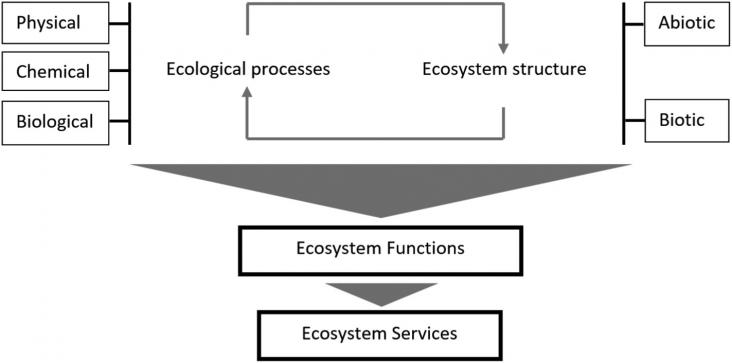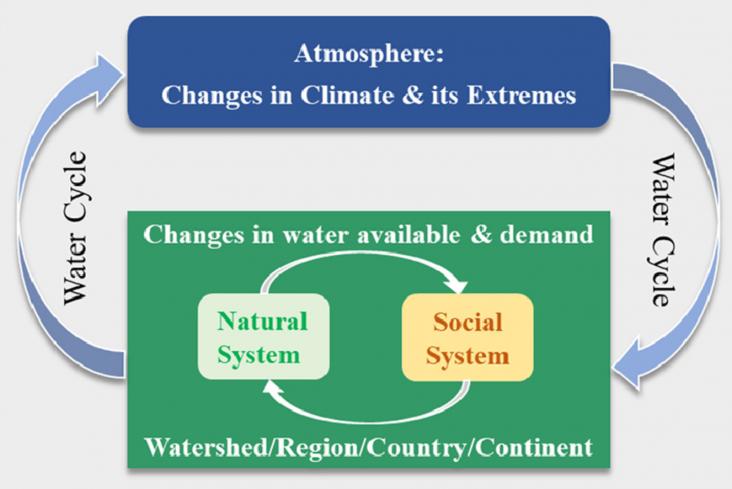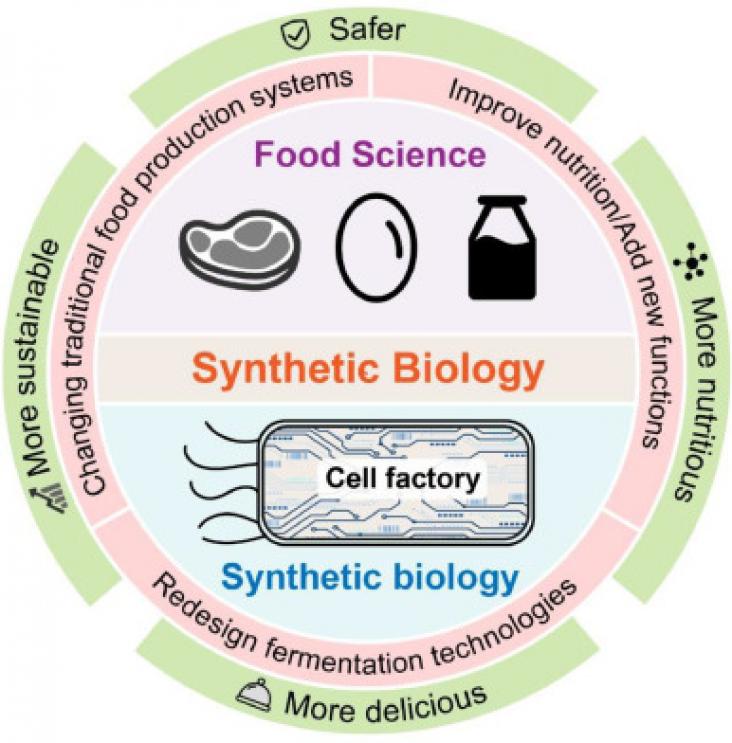Sea-level rise poses a significant threat to Small Island Developing States (SIDS) due to the concentration of people, assets, and infrastructure in coastal zones.
Sea level rise and land subsidence — induced flooding are projected to have severe impacts on highly populated Asian deltaic cities.

This paper aims to contribute to the limited understanding and recognition of soil ecosystem services (SoES) in spatial planning.
The Amazon is the most concentrated expression of life on Earth and it is clearly threatened.

Water is the fundamental natural resource that supports life, ecosystems and human society. Thus studying the water cycle is important for sustainable development.

Food is essential to provide energy for human cellular metabolism, and is usually made from plants or animals.
